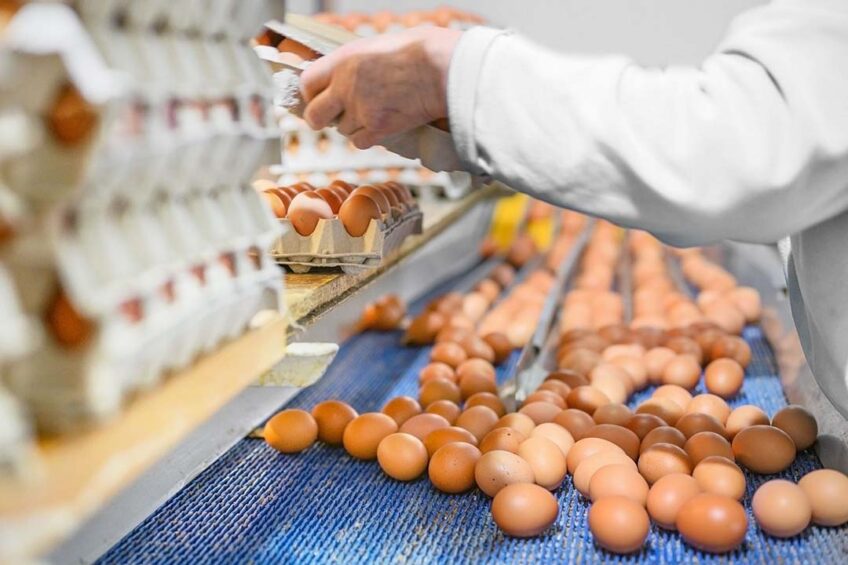UK: New import controls on food and feed

New import controls on food and feed coming into the UK from the EU will enable the Food Standards Agency to check controls are in place to help uphold the UK’s food and feed standards and protect public health.
The UK’s Food Standards Agency (FSA) said earlier this month that its investigation into multiple strains of Salmonella linked to poultry products imported to the UK from Poland was ongoing. This year there have been more than 200 human cases of Salmonella Enteritidis that have been linked to poultry products, such as meat and eggs.
Imports from Poland
The FSA is in discussions with officials in Poland and the EU to ensure all necessary steps are taken to improve the safety of eggs and poultry imported from Poland. It has also reminded consumers in the run-up to Christmas to take care when handling and cooking poultry.
The warning has been welcomed by the British Egg Industry Council (BEIC), who called on food manufacturers, retailers, caterers and consumers to put their trust in Lion Eggs.
While British Lion eggs are approved by the FSA to be consumed runny by vulnerable groups, imported eggs, including Polish eggs, do not have the same guarantees, and should be treated with caution, including being cooked fully to minimise any food safety risk.
Full endorsement
Gary Ford, BEIC deputy chief executive, said: “British Lion eggs fully endorse the FSA’s decision to protect British consumers and food businesses from the serious risks posed by Polish eggs by introducing safeguarding measures.
“There have been ongoing food safety issues with non-UK eggs for years. Once you move away from the comprehensive food safety controls offered by the British Lion Code of Practice, businesses that choose to use imported eggs not only gamble with the health of their customers, but they’re also putting their hard-earned reputations on the line,” he said, adding, “We strongly urge responsible businesses to source British Lion eggs, which are clearly marked with the little red Lion on the packaging and the shell, to ensure that they are selling and serving safe eggs.”
Sterling Crew, president of the Institute of Food Science and Technology, adds: “As a food safety professional, I would always advocate food businesses and consumers to prioritise the food safety guarantees offered by British Lion eggs, which are produced to the most comprehensive standards in the world. The risks associated with Polish eggs are very real and could have serious consequences, particularly for vulnerable groups.”








